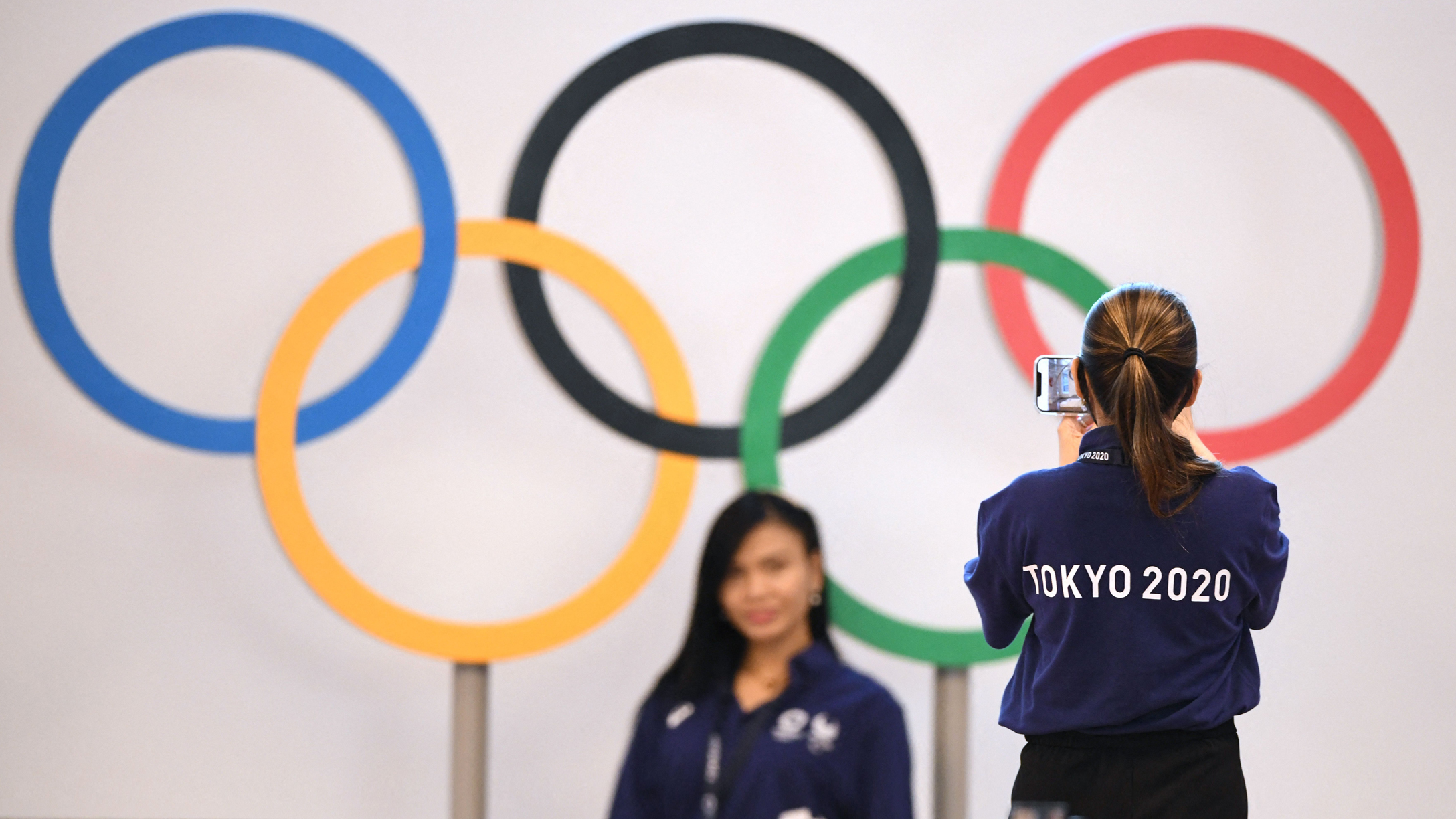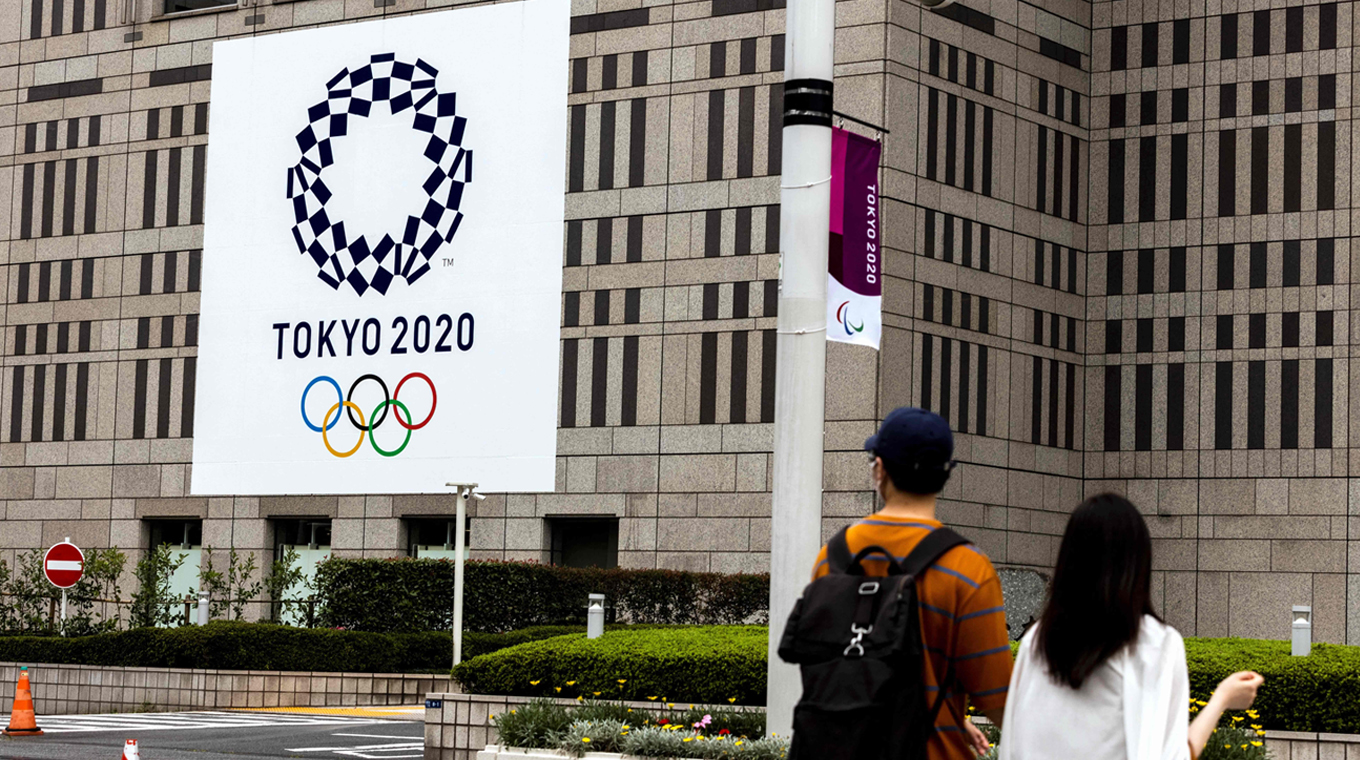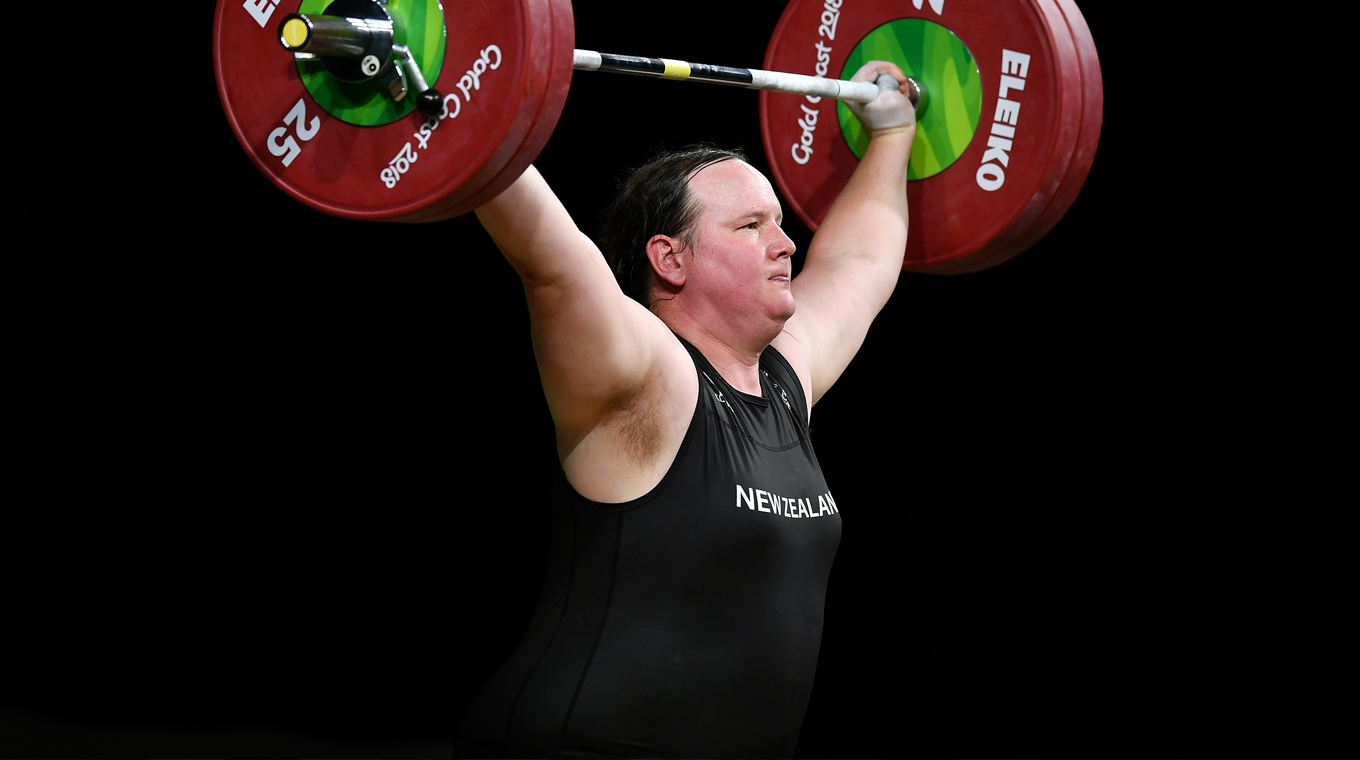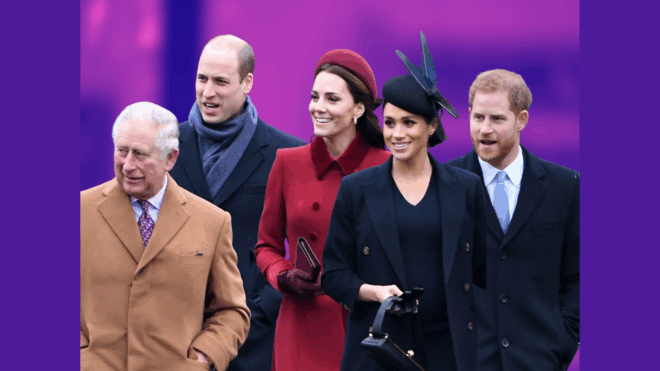
In this article
Many were disappointed to learn last Spring that the 2020 Tokyo Olympics would be canceled due to the coronavirus pandemic. It left fans wondering whether the Games would be canceled indefinitely or just postponed?
The Summer and Winter Olympic Games alternate every two years, and have done so since 1994 but 2020 would be the first time in over 70 years they wouldn’t proceed as planned.
So, when are the Tokyo Olympics 2021 being held? The Olympic Games will begin on July 23 and run through August 8. The Paralympics will take place from August 24th through September 5th.
Watching the Tokyo Olympics: 2021 schedule

The Tokyo Olympic Games this year will feature 33 competitions and 339 events with 206 nations expected to participate across 42 competition venues throughout Tokyo.
Here are some facts to know if you planned on viewing the games in person or on TV:
1. No spectators will be allowed at any of the Tokyo Olympics 2021 venues.
Unfortunately, watching in person is no longer an option. Due to a coronavirus surge, local fans have been banned from attending the games. Instead, the world will continue doing what it has been for the last year and a half — watching from home. Yoshide Suga, the Japanese Prime Minister, confirmed the Games are being held under a state of emergency effective through August 22nd.
Suga, speaking at a government COVID-19 task force meeting, explained the reasons for concern. “The number of severe cases and bed occupancy rate continues to be on the low level, but considering the impact of variants, we need to enhance countermeasures so that the infection will not spread nationwide,” he said.
2. Spectators who live stateside can watch all of the Tokyo Olympics 2021 action on NBC.
- Tune into your local NBC station
- Stream on NBCOlympics.com
- Watch on Peacock
- Download the NBC Sports app
- Watch a live broadcast of opening ceremonies at 6:55 a.m. EST.
However you choose to watch, don’t miss the live broadcast of The Olympic Games opening ceremony on Friday, July 23 at 6:55 a.m. ET with a replay beginning at 7:30 p.m. The Paralympic Games can be found on NBC and the Olympics Channel on the NBC Sports app. For info on detailed programming, the Tokyo Olympics schedule can be found on the official Tokyo Olympics 2021 website.
Olympics facts and trivia

The Olympic Games, of course, date back to ancient Greece, but the first modern Olympics took place in 1896 in Athens. The Games, steeped in history, symbolism, tragedy, and triumph, this year, will include over 11,000 athletes competing in the XXXII Olympiad.
Some facts unique to the upcoming games in Tokyo:
3. The Olympic Games flags and banners will still reference the year 2020.
When you tune in to The Olympic Games on Friday, July 23, you’ll still see the original Tokyo 2020 branding in all of the Games marketing materials despite the events being rescheduled to 2021.
4. Japan was excited to host The Olympic Games because it was a way to celebrate and share with the world the country’s successful recovery after the 2011 disasters.
On March 11, 2011, a 9.1 magnitude earthquake spawned a tsunami that claimed more than 18,000 lives, destroyed entire towns, displaced nearly half a million people and caused significant damage to area nuclear reactors. Olympic Torch designer, Yoshioka Tokujin wanted the torch to hold significant meaning for the nation. “From the design to its materials, the aluminum used in these torches is actually recycled from the window frames of temporary housing in the disaster areas,” he explained in a video interview with The Telegraph.
5. The indigo blue checkered pattern in the 2020 Tokyo Olympic Games logo is known as ichimatsu moyo from the Edo period.
The design sends the message of Unity in Diversity — a key component of the Olympic and Paralympic Games. Host nations design their own Olympic logos around the original five-ring Olympics logo created by Pierre de Coubertin in 1913.
6. The postponement of the 2020 Tokyo Olympics was not the first time the games didn’t proceed as planned.
In 1916, the Games were canceled due to World War I. Both the 1940 and 1944 Olympics were canceled due to World War II.
How Olympics rules have changed over the years

Rules and requirements of the Olympics have changed and evolved over the years. In 1900, Olympic’s rules finally allowed cisgender women the ability to compete in The Olympic Games but there is very little wiggle-room within the rules themselves.
A look at a few Olympic rules and how they’ve changed:
7. Eligibility requirements for certain women’s events require testosterone levels to be below 5 nanomoles per liter (nmol/L) over the course of 12 months.
Olympics transgender rules recently announced that runner CeCe Telfer would be unable to compete in the women’s 400-meter hurdles at the U.S. Olympic Trials due to the testosterone requirement, while cisgender runners from Namibia — Christine Mboma and Beatrice Masilingi — were banned from the Olympic 400-meter dash due to natural high testosterone levels.
Jennifer Gosshandler is a mom of four and the parent of a transgender daughter. Earlier this year, in an article for Yahoo News, she talked about the ongoing controversy regarding allowing transgender women to compete in the Olympic games.
“I’ve seen all sorts of terrible things happening within women’s sports including unequal pay, sexual abuse, and harassment. Transgender girls and women are not and never will be a challenge to women’s sports,” Grosshandler wrote in an article on Yahoo.com.
In June, New Zealand weightlifter Laurel Hubbard (pictured above), a transgender woman, was added to the weightlifting roster for the Summer Games.
8. There are 15 new disciplines at Tokyo 2021.
Ironically, in an effort to increase women’s participation and promote equality among competitors, new disciplines were added. Some of these include additional swimming events, a mixed team event in archery, and a 4×400 mixed relay.
9. Olympics sports come and go over the years.
Last year wrestling was removed from the Olympic Games lineup but viewers will get to enjoy karate, surfing, sport climbing, baseball, and skateboarding at the Tokyo Olympics.
Despite a new wave of COVID-19 infections in Japan and survey results indicating that 83% of those polled would prefer that the Olympic games were postponed or canceled indefinitely, the 2021 Tokyo Games will proceed as planned.




